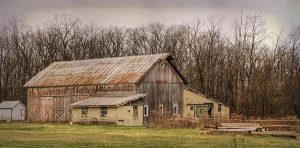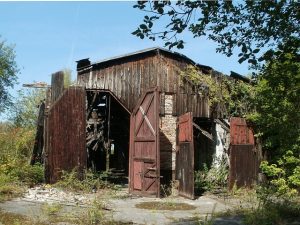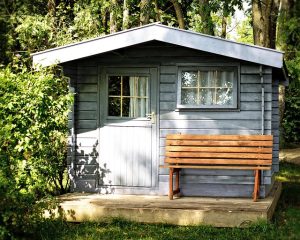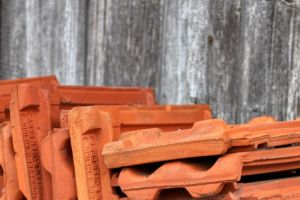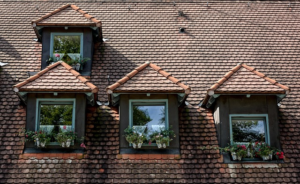Optimizing Albury Farm Sheds for Livestock with Durability and Functionality
In Albury, robust farm sheds are a critical component of sustainable agriculture, safeguarding livestock and equipment amidst challenging weather conditions. The ideal farm shed should be constructed with durable materials like high-tensile ste…….
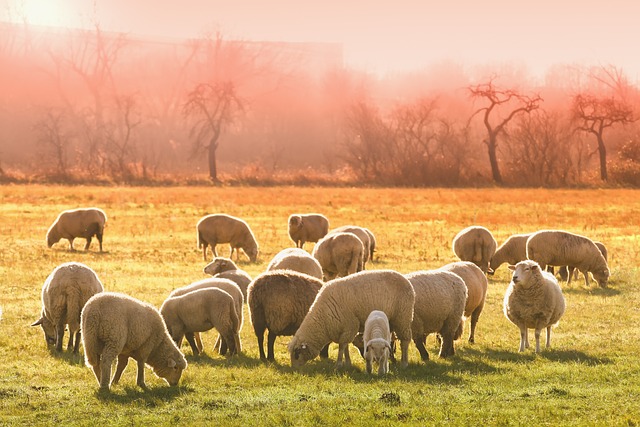
In Albury, robust farm sheds are a critical component of sustainable agriculture, safeguarding livestock and equipment amidst challenging weather conditions. The ideal farm shed should be constructed with durable materials like high-tensile steel or treated timber, chosen for their ability to endure the local climate's extremes. For environmental sustainability, steel options like galvanized or Colorbond steel are recommended, while timber sheds offer natural insulation and an eco-friendly alternative. Design considerations include species-specific animal care requirements, effective ventilation systems for year-round comfort, adequate lighting for safety and efficiency, and sustainable construction methods that ensure longevity. Farmers must also prioritize security features such as reinforced locking systems to protect their assets. Additionally, proper drainage, cleanable surfaces, and insulation are essential for maintaining high standards of hygiene and animal welfare. Investing in a well-designed farm shed with these features not only supports the health and productivity of Albury's livestock but also represents a strategic choice for long-term agricultural success in the region. Farm Sheds Albury.
In Albury’s diverse agricultural landscape, robust farm sheds stand as the guardians of livestock welfare and asset protection. This article delves into the critical aspects of selecting and designing durable sheds that meet the unique environmental and security needs of Albury’s farming community. We explore the importance of resilient materials, functional design for optimal animal care, and the balance of ventilation and insulation to ensure thriving livestock. Additionally, we highlight key features that fortify sheds against the elements and safeguard your investment. Embark on a journey to enhance your farm’s infrastructure with insights tailored for Albury’s farmers.
- Understanding the Importance of Durable Farm Sheds for Albury Livestock
- Factors to Consider When Choosing the Right Material for Your Albury Farm Shed
- Designing for Functionality: Best Practices in Farm Shed Layout for Optimal Livestock Care
- The Role of Ventilation and Insulation in Maintaining Livestock Health Within Farm Sheds
- Essential Features of Durable Farm Sheds to Enhance Security and Protect Your Investment in Albury
Understanding the Importance of Durable Farm Sheds for Albury Livestock
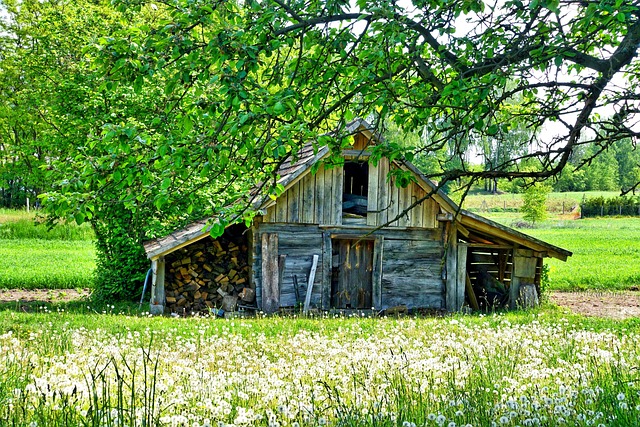
In Albury’s agricultural landscape, durable farm sheds play a pivotal role in safeguarding livestock and protecting farming equipment from the elements. The harsh climate of the region necessitates structures that can withstand both the intense heat during summer months and the cold snaps that characterize winter. A sturdy farm shed not only ensures the well-being of animals housed within but also maintains the functionality and longevity of essential farming tools and machinery. The durability of these sheds is paramount, as they must resist wear and tear from continuous use and exposure to the elements. Farmers in Albury rely on farm sheds to provide a secure environment for their livestock, which in turn supports the health and productivity of their animals. Choosing farm shed solutions that are both robust and adaptable is crucial for maintaining sustainable farming practices in this vibrant agricultural community. The right materials, design considerations, and construction methods contribute to a farm shed’s longevity, making it an investment that protects livestock and supports the ongoing success of Albury’s farming operations.
Factors to Consider When Choosing the Right Material for Your Albury Farm Shed
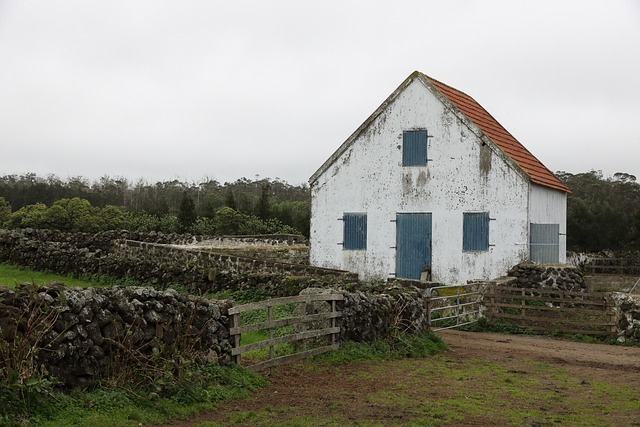
When selecting the appropriate material for your Albury farm shed, durability and resilience are paramount to protect your livestock and stored equipment from the elements. Factors such as climate conditions, local fauna, and soil type in the Albury region must be considered to ensure the chosen material withstands the environmental pressures it will face. Steel remains a popular choice due to its robust nature, resistance to pests, and low maintenance requirements. It’s available in various forms, including galvanized or Colorbond steel, which offers superior protection against rust and corrosion. For those who prioritize sustainability, timber farm sheds can be an eco-friendly option, with the added benefits of thermal insulation and adaptability to blend with the natural surroundings. Whichever material you opt for, ensure it aligns with both your operational needs and aesthetic preferences while providing a secure and weatherproof environment for your livestock. The longevity and reliability of farm sheds in Albury depend heavily on the material’s suitability to local conditions, making the initial choice a critical step in long-term investment and satisfaction.
Designing for Functionality: Best Practices in Farm Shed Layout for Optimal Livestock Care
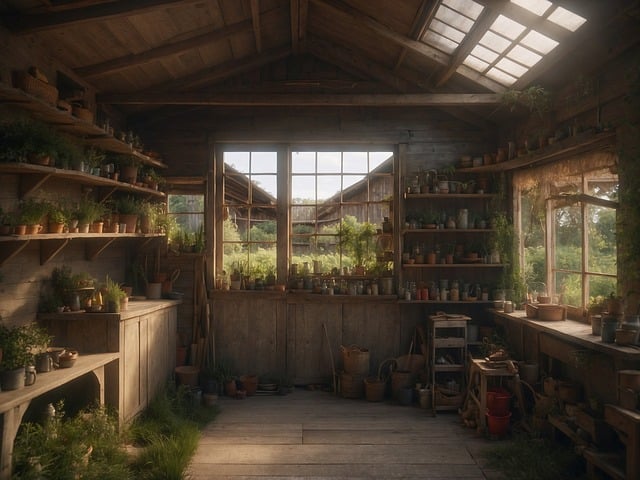
When designing farm sheds for optimal livestock care in Albury, it’s crucial to prioritize functionality and the specific needs of the animals being housed. The layout should be tailored to accommodate the species, their behavior patterns, and the tasks that farmers perform daily. Natural ventilation is a key aspect; strategically placed windows and doors can facilitate airflow, ensuring a comfortable environment for livestock regardless of seasonal changes. Adequate lighting, particularly in work areas, enhances safety and efficiency, especially during maintenance or feeding times.
In terms of structure, farm sheds must be robust enough to withstand local weather conditions, which includes considering the material composition and construction techniques that align with both durability and sustainability. The design should include ample space for animals to move freely without overcrowding. Additionally, incorporating segregated areas within the shed allows for separation based on animal health status or breeding cycles, improving overall herd management. Features such as proper drainage systems and easy-to-clean surfaces prevent disease spread and maintain hygiene standards. By adhering to these best practices in farm shed layout, Albury livestock owners can ensure their sheds are not only functional but also conducive to the well-being of their animals.
The Role of Ventilation and Insulation in Maintaining Livestock Health Within Farm Sheds
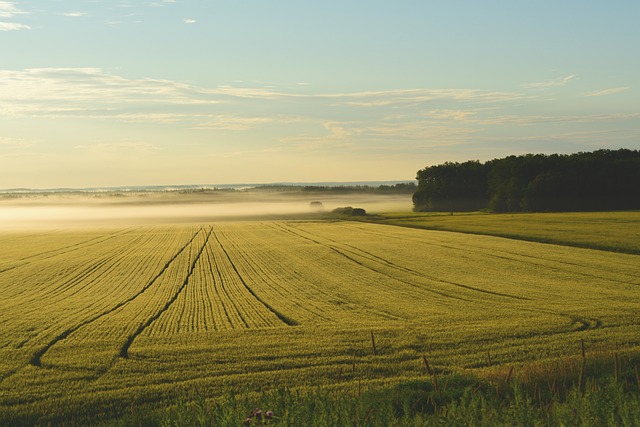
In Albury’s agricultural landscape, the health and well-being of livestock are paramount for successful farm operations. Durable sheds play a critical role in providing shelter and protection against harsh weather conditions, yet their design significantly impacts animal welfare. Adequate ventilation within farm sheds is crucial for maintaining air quality and preventing the accumulation of ammonia and moisture from respiration and waste, which can lead to respiratory illnesses and skin irritations among livestock. Strategic placement of vents, windows, and eaves allows for natural airflow, ensuring a comfortable environment regardless of seasonal changes. Additionally, proper insulation is key to regulating temperature extremes, which can be detrimental to the health of animals. In colder months, insulation helps retain warmth, reducing the energy costs associated with heating and mitigating drafts that could cause stress or illness in sensitive species. Conversely, during warmer periods, insulation acts as a barrier against excessive heat, safeguarding livestock from heatstroke and other thermal-related conditions. The right balance of ventilation and insulation not only contributes to the longevity of the farm shed structures but also directly influences the productivity and health of Albury’s diverse livestock populations, making it an investment worth considering for any farming enterprise in the region.
Essential Features of Durable Farm Sheds to Enhance Security and Protect Your Investment in Albury
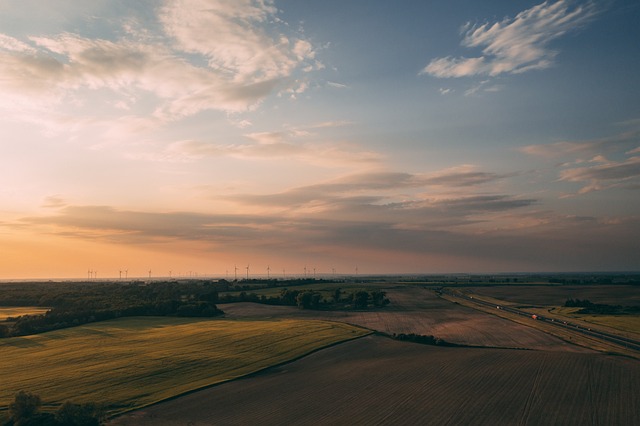
In Albury, where environmental conditions and livestock demands are specific, durable farm sheds play a pivotal role in safeguarding your investments and ensuring the security of your animals and equipment. When selecting farm shed designs, prioritize materials renowned for their resilience against local weather patterns, such as high-tensile steel or treated timber that can withstand the rigors of Albury’s climate. These materials not only contribute to longevity but also reduce the need for frequent repairs or replacements.
Furthermore, reinforced locking systems are essential features for securing your shed contents. Invest in top-quality padlocks, and consider sheds with overhead doors that can be fitted with heavy-duty hasps. Adequate lighting is also crucial; opt for motion-sensor lights to deter intruders while ensuring safe access after dark. Additionally, strategic placement of windows to maximize natural light without compromising security is an important consideration. To further enhance protection, think about incorporating secure storage areas for sensitive equipment or hazardous materials, and ensure the shed’s foundation is stable and well-anchored to resist strong winds or heavy snowloads typical to Albury. By focusing on these features, you’ll be investing in a farm shed that not only protects your livestock and gear but also endures the test of time, maintaining its integrity and functionality throughout the years.
In conclusion, investing in durable farm sheds tailored for Albury’s diverse climates is a prudent decision for local livestock owners. The right materials, thoughtful design, and attention to ventilation and insulation are key factors that contribute to the longevity and effectiveness of these structures. By implementing best practices in layout, prioritizing security features, and selecting robust construction materials, farmers can ensure their animals receive optimal care year-round. Durable farm sheds not only protect livestock but also safeguard your investment against the elements, ensuring a sustainable operation for years to come.
